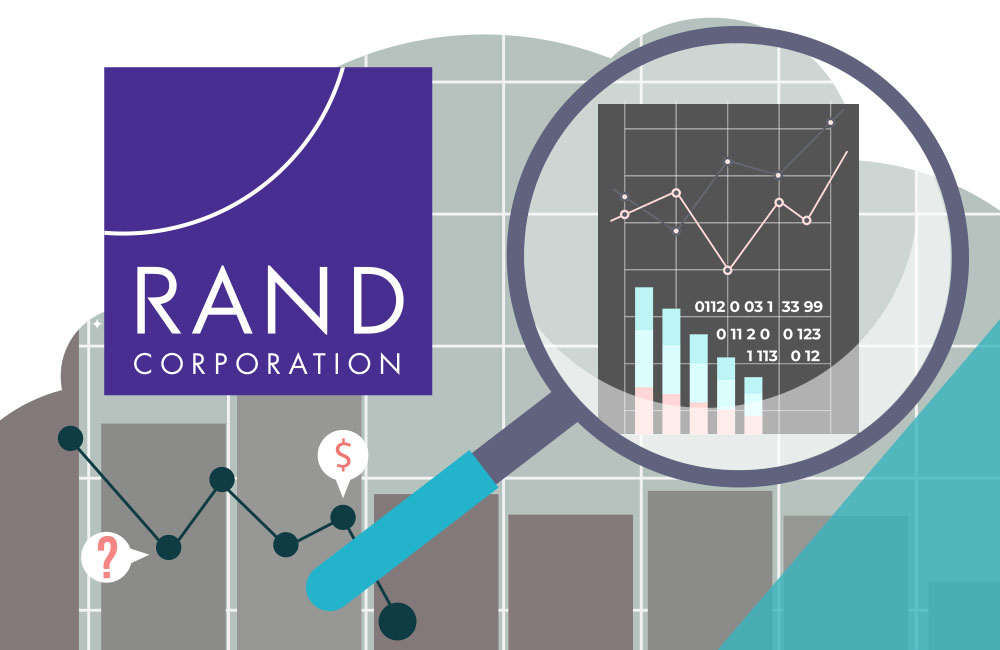
The Power of Inclusive Benefits: Driving Diversity, Equity, and Inclusion (DEI) in the Workplace
In today’s globalized world, fostering diversity, equity, and inclusion (DEI) is not just the right thing to do; it’s a source of competitive advantage. Inclusive benefits are a powerful tool to help companies attract and retain top talent. It can also increase employee satisfaction, engagement, and productivity. In fact, data from this McKinsey study shows that high-performing organizations prioritize DEI in their benefit offerings
Many organizations have taken steps to embrace DEI, but they often overlook the role of benefits in driving these efforts. Benefits serve as a powerful tool to promote DEI within the workplace. These benefits foster a culture of belonging, equity, and opportunity for all employees. In this blog, we’ll explore the significance of supporting DEI through benefits and how it can contribute to creating a more inclusive and satisfied workforce.
Understanding DEI in the Workplace
Before diving into the importance of incorporating DEI in benefit plan design, it’s essential to understand what diversity, equity, and inclusion mean in the workplace. Diversity refers to the variety of differences among people, including race, ethnicity, gender, sexual orientation, age, disability, and socio-economic background. Equity involves fair treatment, access, and opportunities for all individuals, acknowledging that different groups may require different levels of support are necessary to achieve equal outcomes. Inclusion is about creating an environment where all employees feel valued, respected, and empowered to contribute to the success of the company.
Benefits as a Catalyst for DEI
Employee benefits can play a crucial role in demonstrating company commitment to an equitable and inclusive workplace.
Here are some ways in which inclusive benefits can support employees:
Increase Employee Well-Being and Productivity
Access to comprehensive health benefits and wellness programs is essential for promoting employee well-being and productivity. Offering robust healthcare options, including mental health services, reproductive healthcare, and culturally competent care, ensures that employees receive the support they need to take care of themselves and their families.
Promote Work-Life Balance
Flexible work arrangements, including remote work options, flexible hours, and parental leave policies, promote work-life balance and accommodate employees’ diverse needs. These benefits are particularly beneficial for caregivers, employees with disabilities, and those who may face additional challenges in balancing their professional and personal responsibilities.
Advance Professional Development
Investing in professional development opportunities, like training and mentorship programs and tuition reimbursement, helps employees build their skills and work toward advancing their careers.
Support Financial Wellness
Financial wellness programs, including retirement savings plans, financial literacy workshops, and employee assistance programs, are essential for promoting economic equity and stability. These benefits can help address systemic barriers to financial security faced by marginalized communities and ensure that all employees have the resources they need to achieve financial independence.
Increasing DEI through Health Benefit Plan Design
Incorporating DEI into health benefit plan design is another way employers can foster a diverse and inclusive workplace.
Here are several areas to consider:
Diverse Healthcare Options
Offer a range of healthcare options that accommodate the diverse needs of employees. This can include coverage for different family structures, culturally competent care providers, and access to alternative therapies.
Mental Health Support
Ensure mental health coverage services are covered comprehensively in the benefit plan. This includes access to therapy, counseling, and psychiatric services, with a focus on reducing stigma and promoting mental well-being.
Preventive Care and Screenings
Promote preventive care and screenings to help address health disparities. Employers can offer incentives for preventive services such as screenings for chronic conditions, annual wellness check-ups, and vaccinations.
Health and Wellness Education
Provide educational resources and wellness programs that address the unique health needs of diverse employee populations. Offer in-person or virtual workshops and online resources on topics like nutrition, stress management, chronic disease management, and reproductive health.
Language and Communication Access
Ensure that benefit materials, communications, and support services are accessible to employees with diverse linguistic and cultural backgrounds. Provide interpretation services and translated materials to facilitate communication and understanding of healthcare options.
Support for Caregivers
Recognize the needs of employees who are caregivers for children, elderly parents, or family members with disabilities.
Continuous Evaluation for Improvement
Employers should continuously evaluate the effectiveness of their benefits to ensure they are inclusive and responsive to employees’ evolving needs. Employers should ask for employee feedback and conduct regular reviews of benefit offerings to identify areas for improvement.
By integrating DEI principles into health benefit plans, businesses can create a more inclusive and supportive healthcare environment that addresses the diverse needs of their employees and promotes equitable access to quality care. Ultimately, this can help businesses gain a competitive edge, attract and retain top talent, and drive innovation and growth.
The Alliance Smarter NetworksSM include a wide range of provider options to make accessing healthcare easier. We can help you design a benefit plan that guides employees to providers that provide the best care for their care situation at lower prices, meeting the unique needs of your employees and your business. Reach out to us to learn how we can support you.








